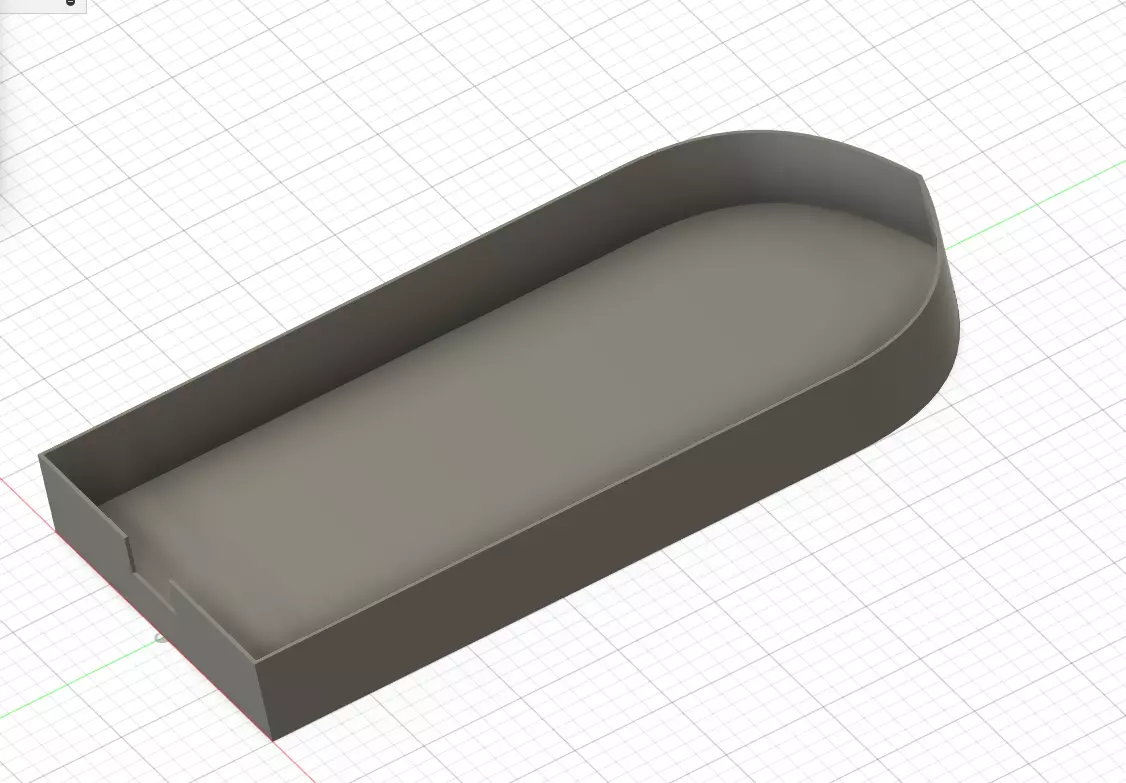1/6
3V Electric Motor Boat – 3D Printable Design
This is a compact and lightweight boat designed for 3D printing, powered by a 3V electric motor. The design is suitable for hobbyists and educational projects, offering simple assembly and smooth operation in calm water conditions.
Key Features:
Hull Type: Monohull with a flat bottom for stability
Power Source: 3V DC electric motor (can be powered by 2x AA batteries or a small Li-ion battery)
Propulsion: Rear-mounted propeller connected to the motor via a direct shaft
Material: PLA or PETG recommended for 3D printing
Assembly: Parts are snap-fit or require minimal glue; motor and battery housing compartments are included
Dimensions: Approx. 20-25 cm in length, customizable
Recommended Use:
Suitable for indoor water tanks, pools, or calm ponds
Educational STEM activities or DIY projectsOptional features can include rudder control, solar panel input, or modular top deck for custom accessories.3-Part 3D Printable Electric Boat – 3V Motor Powered
This is a modular 3D printable boat design powered by a 3V DC motor, ideal for beginners, makers, and STEM projects. The model is divided into three main components for easy printing and assembly:
Parts:Boat Hull: Streamlined body designed for balance and buoyancy; includes compartments for motor and battery placement.
Propeller: Optimized for low-voltage motors; attaches directly to the motor shaft.
Stabilizing Fins: Mounted on the bottom rear of the hull to improve directional control and stability in water.
Specifications:Power Source: 3V DC motor (compatible with AA batteries or Li-ion cell)
Recommended Print Material: PLA or PETG
Assembly: Snap-fit or glue-based connection; minimal tools required
Water Use: Best for still or slow-moving water (e.g., pools, tanks)
Applications:DIY hobby model
Educational tool for teaching basic electronics and fluid dynamics
Fun science project or weekend build
Assembly Note:The stabilizing fins should be securely glued to the bottom rear section of the boat hull using a strong adhesive such as cyanoacrylate (super glue) or epoxy, depending on the material used. Ensure proper alignment to maintain balance and directional control in the water.
REVIEWS & COMMENTS
accuracy, and usability.






